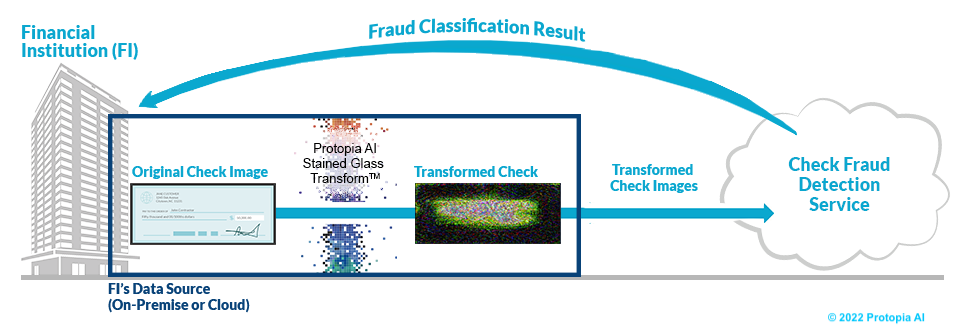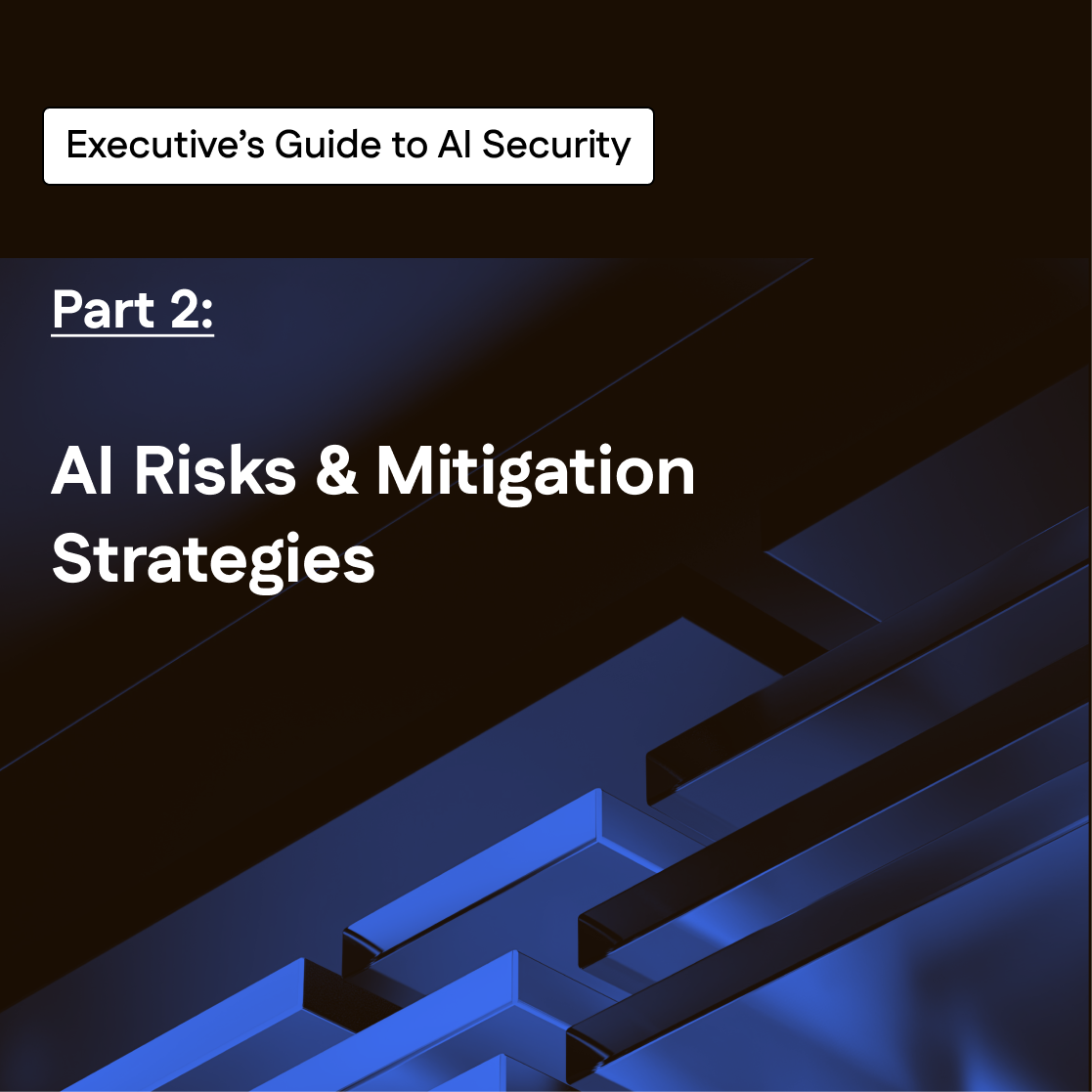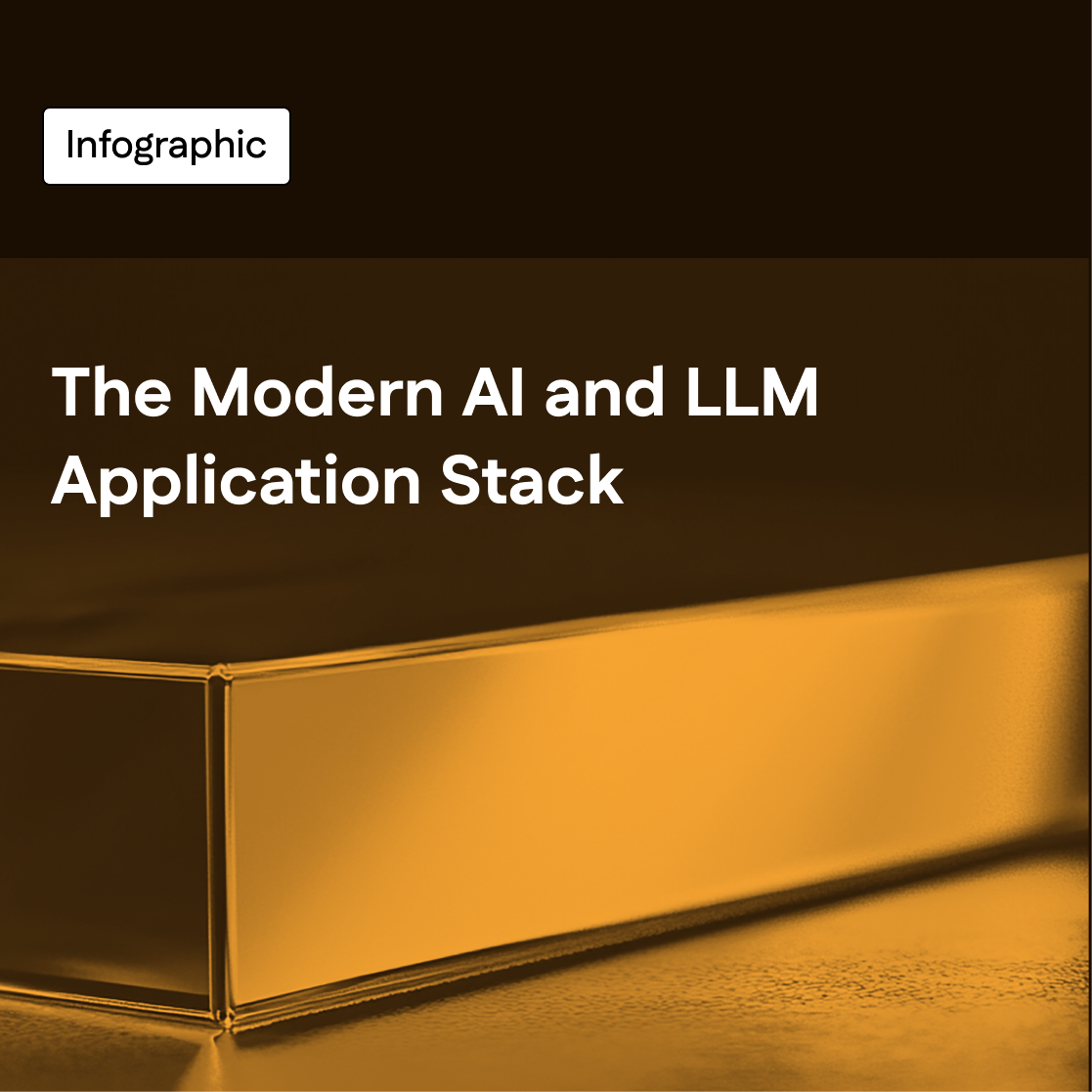- Protopia AI has been named in the latest 2023 Gartner Market Guide for AI Trust, Risk and Security Management
- Protopia AI helps customers maximize value from their real data using AI/ML while mitigating the risk of catastrophic data breaches
Protopia AI, a company empowering enterprises to access more data for Artificial Intelligence (AI) by minimizing data protection and privacy frictions, was named in the Gartner Market Guide report for AI Trust, Risk and Security Management.
AI TRiSM stands for Artificial Intelligence (AI) Trust, Risk and Security Management. The AI TRiSM market comprises multiple segments necessary to manage new risks and threats introduced by AI and consists of tooling and frameworks that help implement AI governance.
The new Gartner Market Guide report is timely. Several incidents concerning privacy in AI have made news headlines in the past year. In 2022, images from a Roomba recording a woman in the bathroom leaked on social media. More recently, data feeds of Nissan cars were breached, and the EU saw record levels of GDPR fines. AI poses new trust, risk, and security management requirements that companies and end-users are often aware of.
An Industry Changing Solution, providing Both Access and Privacy
Protopia AI enables enterprises to access and share data for AI – without exposing sensitive information in identifiable form. However, Protopia AI is more than a privacy solution and allows companies to access more data. The company has turned the industry on its head for two reasons.
First, Protopia AI overcomes data access challenges when it comes to restrictions around privileged data. Protopia AI’s Stained Glass™ takes any data type, learns what AI models need, removes what it doesn’t, and transforms the data as much as possible with minimal accuracy loss. The output – the transformed data– provides the value needed for insights without exposing sensitive information. Transformed data allows companies to access more sample data they could not touch before for better predictions and analytics.
Second, Protopia AI has developed the only AI software that enables enterprises to add a new layer of protection throughout the ML lifecycle – for training and inference, and for any datatype. Data sensitivity is not just an ML training challenge and extends into model deployment. Using only synthetic data can leave the massive value of the real data you have on the table.

Protopia AI’s patented technology is based on an invention by Prof. Hadi Esmaeilzadeh (pictured left), the Endowed Chair of Computer Architecture at UC San Diego, who is also the co-founder and CTO of Protopia AI.
“The landscape of AI is changing from early successes to pervasive enterprise adoption that is likely to control many aspects of modern life. As we move towards more adoption, the consequences will get more severe. It’s time for AI to consider privacy, data protection and responsible utilization of AI as a primary concern – not as an afterthought to salvage a catastrophic breach.” said Hadi Esmaeilzadeh, Protopia AI co-founder and chief technology officer.
Protopia AI in Action
Let’s look at privacy in a baby monitor. A baby monitor that’s programmed to assess whether a baby’s face is covered should not be able to determine the baby’s gender, hair color, and identity. In the example below, when a baby monitor needs to detect whether the mouth and nose are covered, Protopia AI’s neural network achieves nearly 99% accuracy using the redacted pictures on the right with 0% privacy exposure.

Often unencrypted images are used, which are accurate but provide zero privacy. Businesses must differentiate between the two and minimize private information exposure wherever possible. Protopia AI’s solution minimizes privacy exposure during inference, only allowing necessary features from each data record enter AI platforms.
Protopia AI’s approach fundamentally differs from other anonymization techniques that detect the face and blurs it for privacy purposes. With other solutions, face recognition is not feasible since blurring removes correlations required for algorithms to recognize faces. In contrast, Protopia AI’s solution transforms each face into a garbled representation that is only usable by the face recognition neural network.
Q2 Catches more Fraud with Protopia AI
With Protopia AI fintech, Q2 accesses potential clients who were previously unapproachable due to internal protocols restricting SaaS solutions. The Q2 Sentinel team is using Protopia AI’s Stained Glass Transform™ to expand the adoption of their latest cloud-based Fraud Detection Solution to those clients that are underserved or unserved today by detecting fraudulent checks without the need to analyze check images. See the diagram below:

Protopia AI had to redact the check images because they are real checks, or it would have been a breach of data protection and privacy if left unredacted. The harsh reality is that check images are presently sent to AI services without redactions or any transformation.
To learn more, get in touch with an expert or try our demo on some images.
GARTNER is a registered trademark and service mark of Gartner, Inc. and/or its affiliates in the U.S. and internationally and is used herein with permission. All rights reserved. Gartner does not endorse any vendor, product or service depicted in its research publications and does not advise technology users to select only those vendors with the highest ratings or other designation. Gartner research publications consist of the opinions of Gartner’s Research & Advisory organization and should not be construed as statements of fact. Gartner disclaims all warranties, expressed or implied, with respect to this research, including any warranties of merchantability or fitness for a particular purpose.


